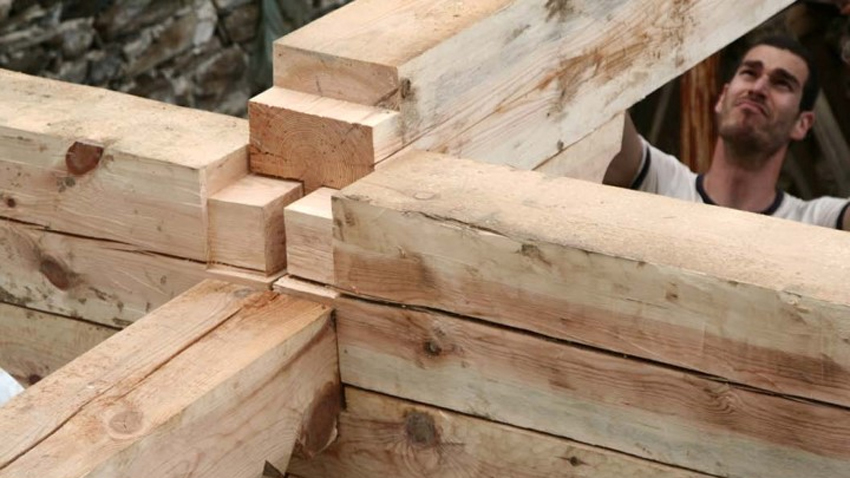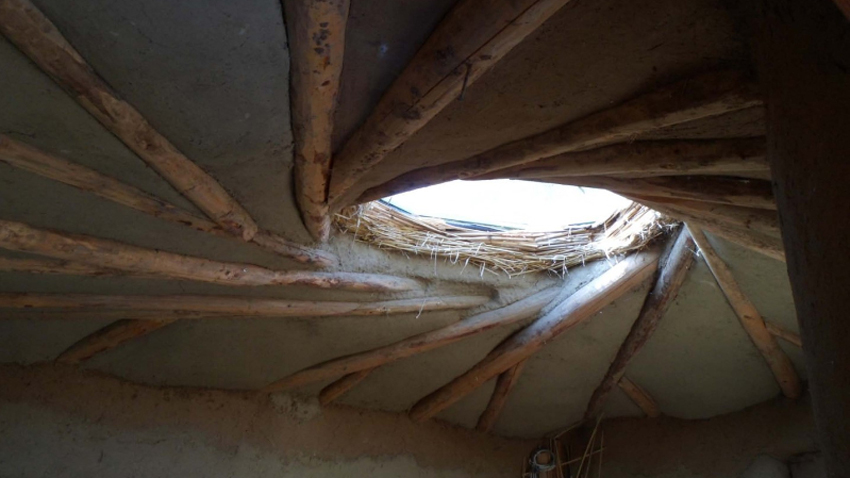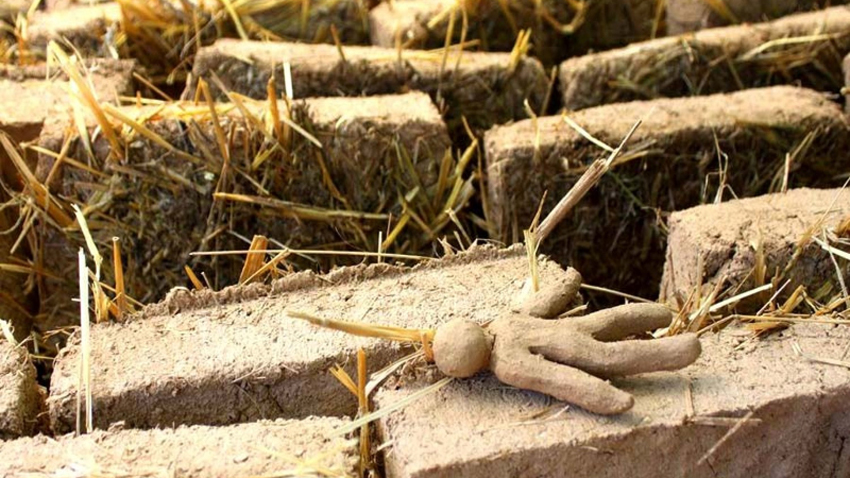In the new millennium the advanced countries have seen an increasing incidence of asthma, allergies, cancer and sterility. This has revived an old concept for creating healthy and bioclimatic houses. As a result, organic houses have been gaining popularity of late especially among younger generations. These are built of natural materials. We learn more about this idea from architect Nikolay Marinov, co-founder of the Association of Natural Materials Construction.

„Everything started at the time I was at university when I became aware that 40% of the carbon and energy footprint of mankind is due to construction activities and other activities associated with it. When I graduated from university I started to get training in energy efficiency following the principles of solar architecture while developing low-energy solutions for public buildings. Being a member of an NGO I had the chance to carry out research in the Eastern Rhodope Mountains. It was then that I discovered the potential of traditional construction and natural building materials.”
Twenty organic houses are already a fact in Bulgaria, most of them in the south and built using straw. Straw building relies on two basic methods. Under the Nebraska method the building has no specific structure to hold it, and the weight of the roof is held by the wall of straw bales. Under the girder method the weight is carried by a wooden or another kind of structure whereas straw bales are used as filling insulation material. Materials used for sustainable construction include clay, straw, wood and sand. Worldwide there are houses built from straw bales and are aged 100 years but have shown great resistance to earthquakes. Unfortunately, says architect Marinov, there are still sceptics in Bulgaria who associate such houses with poverty. We asked him to tell us more about the properties of clay because judging from millennial remains of adobe dwellings from the times of Ramesses II an adobe home is practically eternal.

„Clay is a splendid material with proven quality over 8000 years. Tests made in Germany suggest that adobe homes maintain air humidity at 50% and it is ideal for the human system especially for the respiratory system and for the protection from dust particles. Inhabitants of adobe homes suffer less from allergies, weakened immunity and flu. This method of regulating humidity allows us to skip complex air conditioning facilities and so it has already been used in a few museums for the maintenance of air humidity. It is also used in hospitals specializing in the treatment of respiratory disorders.”

In the recent years more people in Bulgaria have grasped the need of healthy bioclimatic buildings creating comfort and a natural environment for their inhabitants.
“Many people turn to the Association for help, and we work together with them to create a wonderful living environment. Yes, I believe there is still a chance to save the planet. Many people believe in that and we are already doing things in this direction,” concludes architect Nikolay Marinov, co-founder of the Association of Natural Materials Construction.”
English Daniela Konstantinova
Conservationists from Bulgaria Bird Walks are organising a birdwatching walk in Varna today to observe water fowl and forest birds. Two walks are planned in the Sea Garden at 9.00 and 13.00. There will be similar outings every month in the city, said..
The greater flamingo was considered an exotic species for Bulgaria, but for several years, entire colonies have chosen the lakes around Burgas as their residence. Currently, more than 450 flamingos inhabit the Burgas wetlands ...
Ruse now has the longest wooden pedestrian bridge in Bulgaria. The facility was opened at the end of 2024 in the Lipnik Forest Park. The bridge with a total length of 28 m is equipped with a glass railing and 7 glass windows, which..
The clock on the facade of the State Puppet Theatre in Stara Zagora has long been a symbol of the city. It was set in motion in 1977 and is unique on..
The year 2024 was marked by political instability and confrontation - not so much over ideas for solving Bulgaria's long-standing governance puzzle, but..

+359 2 9336 661
